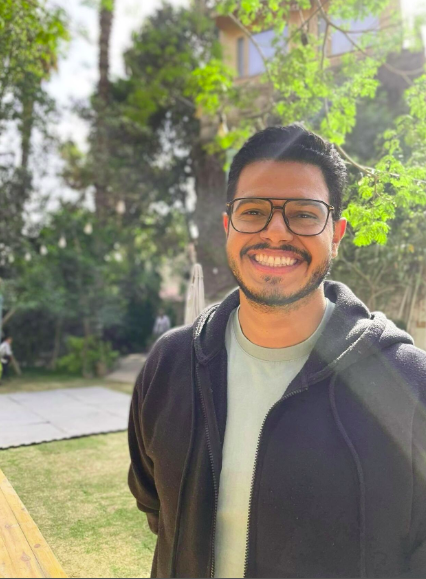DeepL has been one of only five private European tech firms to reach a billion-dollar valuation this year. Despite this milestone, founder and CEO Jarosław Kutyłowski says “2023 was a tough year.”
Google Translate has always been the deep learning translation startup’s biggest competitor, but a surge in AI innovation from fast-growing companies like OpenAI has multiplied the Cologne-headquartered company’s rivals.
“Competition on quality hasn’t changed at all,” Kutyłowski tells Sifted. “Instead, it’s the pace of innovation that’s accelerated — and as a company, we’ve felt this.”
“On the other hand, I think it’s healthy to have that competition. It’s pushing the area forward and has made my job a bit easier — I don’t have to convince the company to be motivated in going forward, because the competition is already doing that,” he says.
DeepL, founded in 2017, was using neural networks years before the large language model (LLM) hysteria currently sweeping the tech industry took hold.
The company’s neural networks analyse huge amounts of data from online texts to work out how a new text would most likely be translated by a human. DeepL relies on freelance translators across the world — who are professional writers, linguists and academics — to help the company’s model refine translations.
It has a free service for individual users and a paid monthly subscription service for businesses in around 30 languages. Currently, 20k companies pay to use its tech for translating texts ranging from term sheets to customer marketing emails.
A race for talent
DeepL reached a $1bn valuation in January this year when it raised a €100m round from investors including Atomico, Bessemer Venture Partners and IVP.
Its most recent accounts, published this June for the 2021 financial year, show revenues increased 111% in 2021 from €13.4m to €28.3m, and it closed the year with a net profit of €1.5m. Given the AI explosion in the last 12 months, it’s likely that these figures have accelerated considerably. Kutyłowski declined to provide more recent figures.
Kutyłowski says the company has doubled its headcount since the raise. Despite having a commercial outpost in the US, it’s been solely hiring its technical talent in Europe. DeepL’s size and reputation for quality have helped it attract some of the best talent, Kutyłowski says, but because AI is such a fresh field, the company has been hiring a lot of its engineers straight out of university.
“They then have to get up to speed quickly when they join,” he says. “So our first challenge is how we’ve grown so much in the last year, and the second is just how fast you have to adapt in this field every day right now.”
“You have one open source model coming out in the morning, and another that afternoon, so the amount of buzz there is around this area has meant that’s really hard for our employees," he explains. “Humans can only cope with so much change every day.”
He’s seen a particular wave of talent coming in from his home country of Poland.
“We’ve got a pretty strong technically driven educational system that’s focusing a lot on the foundational side of these problems, rather than the applied side,” Kutyłowski says.
That said, the process of actually building a company like DeepL has gotten significantly easier from a technical standpoint compared to when he started building. The entrepreneur was previously chief technical officer at a multilingual dictionary company, Linguee, which used computer analysis of online bilingual texts.
“If you look at translation nowadays, neural networks and AI have transformed it into something very mathematical,” Kutyłowski says. “While you do have to understand the languages and the necessity for the product, at the core, the technology is pretty detached from languages themselves.”
“Prior to 2017, all of the machine translations systems were people teaching the computer about the specifics of, say, Finnish grammar — which takes an awful lot of work, as you need people who can do both computer science and languages.”


